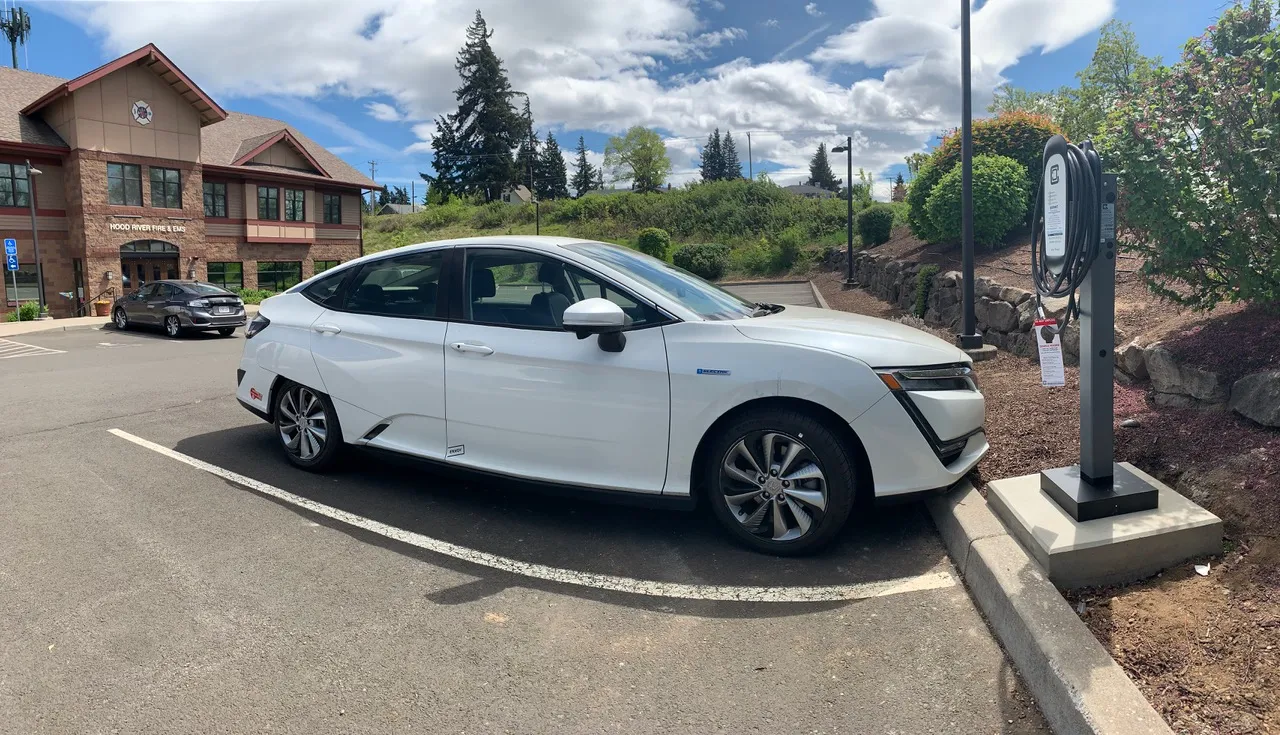The company says a fleet of 15 Zoe vehicles with V2G charging will be introduced over the course of 2019 to help lay the groundwork for future standards.
V2G, also called reversible charging, modulates the charging and discharging of EV batteries between the users’ needs and the grid’s supply of available electricity, the company adds.
The pilot schemes are currently taking place in the Netherlands city of Utrecht, in collaboration with electric driving company We Drive Solar, and on Porto Santo Island in Madeira, Portugal, with energy supplier Empresa de Electricidade da Madeira.
More trials will follow in France, Germany, Switzerland, Sweden and Denmark.
Gilles Normand, Renault’s director of electric vehicles, says: “We have chosen onboard technology that also optimises the cost of recharging stations and thus facilitate a large-scale development.”
The pilot schemes are expected to help the company underline the technical and economic advantages of an onboard solution in EVs, while demonstrating the value of services provided for the local and national electricity grid, such as encouraging consumption of solar and wind energy, checking the grid’s frequency or tension and reducing infrastructure costs.
Renault begins large-scale V2G trials in Europe
Renault is trialling large-scale pilot schemes in Vehicle to Grid (V2G) charging for electric vehicles (EVs) in Europe.
The company says a fleet of 15 Zoe vehicles with V2G charging will be introduced over the course of 2019 to help lay the groundwork for future standards.
V2G, also called reversible charging, modulates the charging and discharging of EV batteries between the users’ needs and the grid’s supply of available electricity, the company adds.
The pilot schemes are currently taking place in
April 4, 2019
Read time: 2 mins








